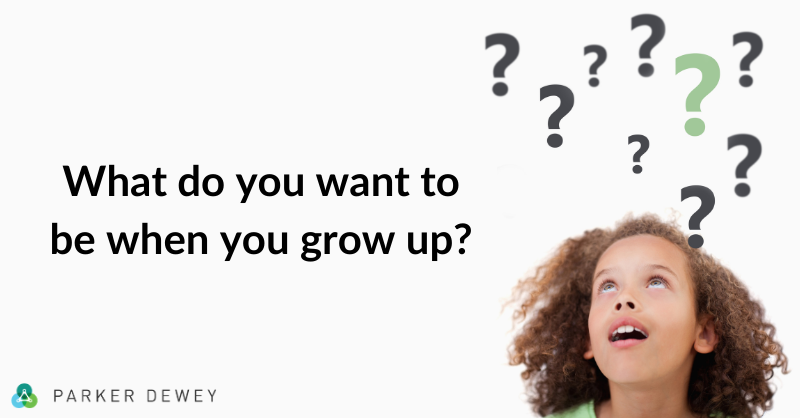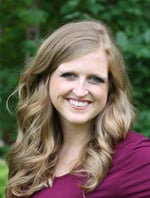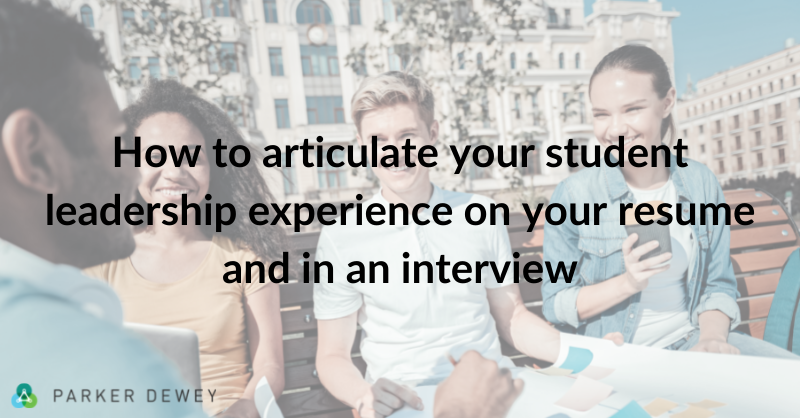
7 Steps To Figuring Out Your Career
Since you were about 3-4 years old, you’ve probably been asked the question, “What do you want to be when you grow up?” dozens of times. Fast forward to your college years, and you may still be asking yourself the same question. Newsflash: you’re not alone. Discerning your career trajectory takes time, energy, and experience. In fact, recent research suggests the average American holds eight jobs between ages 18-32, suggesting that careers are not as linear as one might think.
The good news is, as a college student or twenty-something career launcher, there are practical steps you can take now to start building a meaningful, enjoyable career that you’re able to excel in.
- Start asking yourself different questions. Move from “what do I want to do with the rest of my life?” to “what careers have always been interesting to me?” Reflect on moments when you’ve been at your best by writing out your responses to one or more of these prompts: When do I get so engrossed in an activity that I lose track of time? What experiences do I leave feeling more energized than when I started? When do I feel like I’m really in a groove or flow? What am I known for/what do people come to me for? With any of these questions, follow up with: what makes it that way? As you write, you may start to notice patterns of activities, skills, or strengths that you enjoy using, which can help point to potential careers for consideration.
- Field friends, family or trusted advisors. Think of 2-3 people who know you well and who will give you honest feedback. This could certainly be family or friends; you may also get constructive input from coaches, teachers, supervisors, or mentors. These people often see things in us we can’t even see in ourselves. Ask them questions to gain insight into your strengths, natural tendencies, skills and interests. Specific questions might include: What are three words that come to mind when you think of me? In what types of activities do I seem to thrive? What do I contribute that’s different from those around me?
- Get Googling. Do you have a handful of careers you’re considering, but feel unclear on what the work actually entails? Maybe you’re having trouble narrowing down options because there are lots of possibilities that interest you. Or perhaps you’re drawn to a career because of how you’ve seen it portrayed in the media. Time to get a better sense of the reality of working in that field. Do some creative Google research. Keyword ideas include: 1) What other job titles are used for xx profession? 2) What jobs are similar to xx? 3) What are the best and worst parts of xx career? 4) What every xx wishes they knew before they got into the field. With a little curiosity, you’ll quickly gain more perspective on those careers. Resources like the Occupational Outlook Handbook and O*NET Online can be great starting points, too.
- Meet with a career counselor or career coach. Career coaches offer much more than just resume reviews (although we do that, too!). These career experts can help you make sense of your ideas and concerns and offer an objective perspective that is quite different than speaking to a friend or family member. For college students, career advisors are often a free resource available right on campus. If you’re past the college years, call your university career center to see if they offer services to alumni; some centers offer unlimited support while others offer access for a certain time period after graduating. It’s worth a try for free help! If the university career center isn’t an option, consider finding a career coach on your own (ideally through a personal referral or someone who has strong online reviews). Many coaches offer sliding scale rates or package discounts to their clients.
- Talk to people whose work is interesting to you. One of the best (and easiest) ways to get clarity on your interest in a certain field is to talk to people! The formal term for this is informational interviewing: it’s an information-gathering tool to inform your understanding of a field. Aim to meet with 10 contacts in your field(s) of interest to give you the best read on the profession (stick to 20-30 minute phone or Zoom conversations to make it a simple ask for your conversation partner). Don’t know where to start on finding contacts? Contact your university alumni office for potential leads, or ask family and friends if they know anyone who does xx job. If you don’t already have a LinkedIn account, get one (check out LinkedIn 101 as a great starting place). Use LinkedIn to research contacts who are alumni of your school, friends of friends, work at target companies, and more. Once you have your first informational interview, ask that person if they know other professionals who may be willing to meet with you. Don’t forget to send a thank-you email within 24 hours and keep the relationship going by checking in every few months. Repeat this process continually.
- Get out there and do something! You can have all the ideas about career paths in the world, but until you build some related experience, you usually won’t fully know whether that career is a good fit for you. There are several ways you can start testing the waters through experience: take a class that has an experiential learning or service-learning component, get an internship, or volunteer in a related role. A more accessible place to start is with a Micro-Internship (a short, project-based professional, paid experience) like those Parker Dewey facilitates.
- Connect the dots. Through reflection, online research, conversations with professionals, talking to a career counselor or career coach, and getting experience, take time to evaluate what you’ve learned. Consider high points, low points, and make note of what you still want to learn more about. What steps might you want to repeat to be confident choosing and launching a career?
Keep in mind, career development is an ongoing process, so keep taking action on these ideas throughout your career.
 |
Mary K. Wendel, MEd, LPC Mary K. Wendel, MEd, LPC is a licensed professional counselor and a career consultant at Next Move Consulting. She teaches Career Counseling at DePaul University, and in the past has served as a career counselor at Loyola University Chicago, has taught career development courses to undergraduate students at Loyola University Chicago, and has volunteered her career development know-how to Chicago non-profits including Cara Chicago and The Mom Project Unity Program. She has supported hundreds of individuals in their career discernment journeys. LinkedIn: https://www.linkedin.com/in/marykwendel/ |




